“Prix Georges Emblanc 2020” : Four prizes awarded and seven winners rewarded !
The Georges Emblanc Awards for “River Culture, Flood Risk Prevention and Biodiversity” of the EPTB Seine Grands Lacs and ERN France aim to reward academic works carried out on rivers, natural risks and protection of aquatic environments. For this second edition, about fifteen applications have been received.
On December 9 and 10, 2020, on the occasion of the 13th edition of the National Forum of Major Risks – IRISES organized by the IdealCo network, the EPTB Seine Grands Lacs gave the Georges Emblanc prizes for its second edition in the presence of Frédéric Molossi, President of the EPTB Seine Grands Lacs, Daniel Marcovitch, Co-President of the Joint Commission on Flooding (Commission Mixte Inondation), Simon Burner, ERN France’s Director and Nicole Emblanc, wife of Georges Emblanc.
The following are the 2020 laureates
¤ Victor Bourdet for his dissertation as Landscape Designer at the School of Nature and Landscape of Blois “From Marne-la-Vallée to the future NRP: what future for the peri-urban valley of the Grand Morin ? The reconquest of a river to erase the divide between town and country”.
¤ Eric Bonnot for his Master 2 thesis “Water, Resources, Management, Planning” at the University of Lorraine “Diachronic analysis of the course of rivers and developments in flood-prone areas in the lower Moselle basin since the 19th century”.
¤ Manon Lestage for her dissertation as an architect in Bordeaux “Le rapport au fleuve dans le projet urbain. The case of the ZAC Garonne-Eiffel”.
¤ Morgane Russeil-Salvan, Lauryane Arzel, Aurore Mancip, Eugénie Pimont students in master of journalism at the IEP of Rennes for their long-format investigation on floods and risks, and about marine submersion in french Britain and an original podcast.
By mutual agreement, Presidents MOLOSSI and EPPLE have already announced that in 2021 there will be a third edition of these prizes, which will reward the work of students who perpetuate the spirit of Georges EMBLANC, an ERN France collaborator who died in 2017, a great defender of rivers who worked all his life to make young people aware of the need to live in harmony with nature and others.
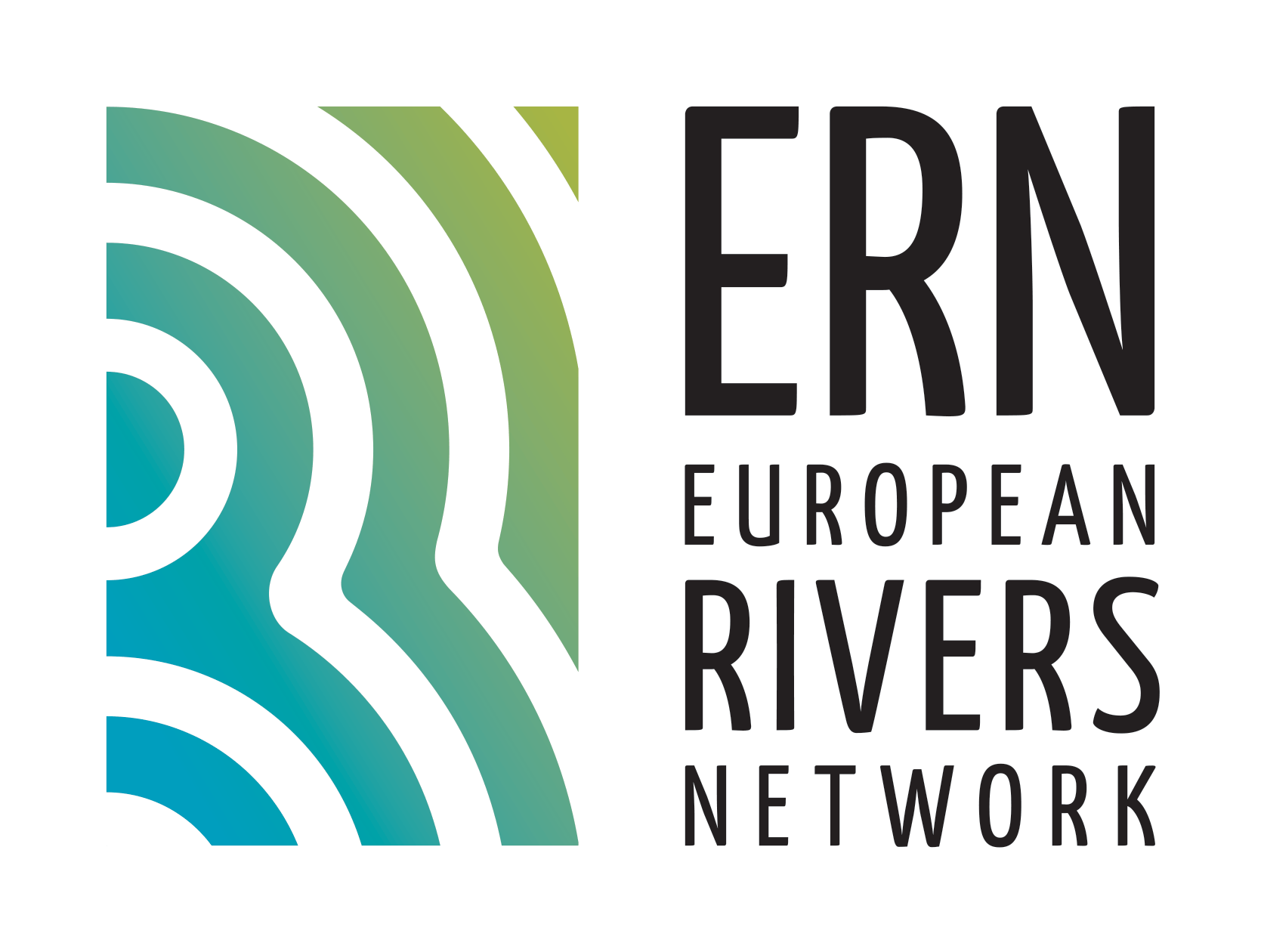


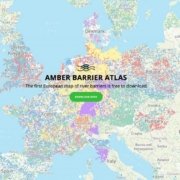
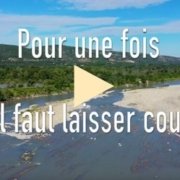
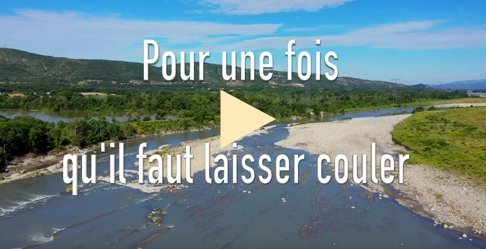
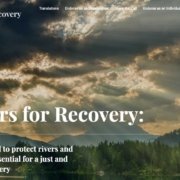

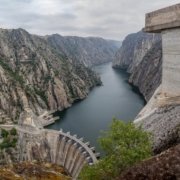 © Jose Luis Vega _ Shutterstock
© Jose Luis Vega _ Shutterstock
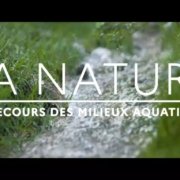
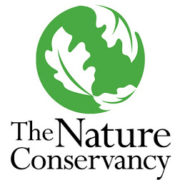
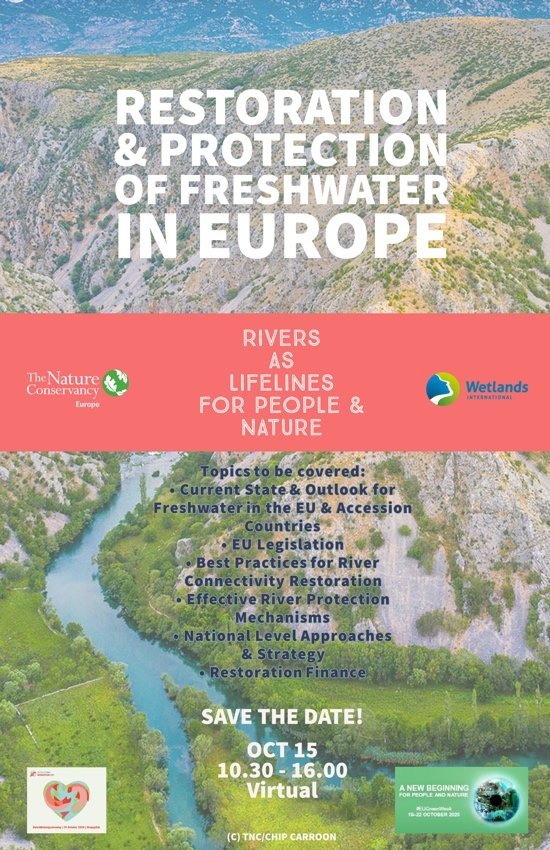
 ERN France
ERN France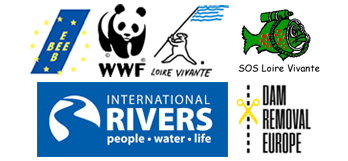 ERN is the official WWF Freshwater Partner in France and cooperates with WWF Switzerland, Austria, Netherlands and others
ERN is the official WWF Freshwater Partner in France and cooperates with WWF Switzerland, Austria, Netherlands and others